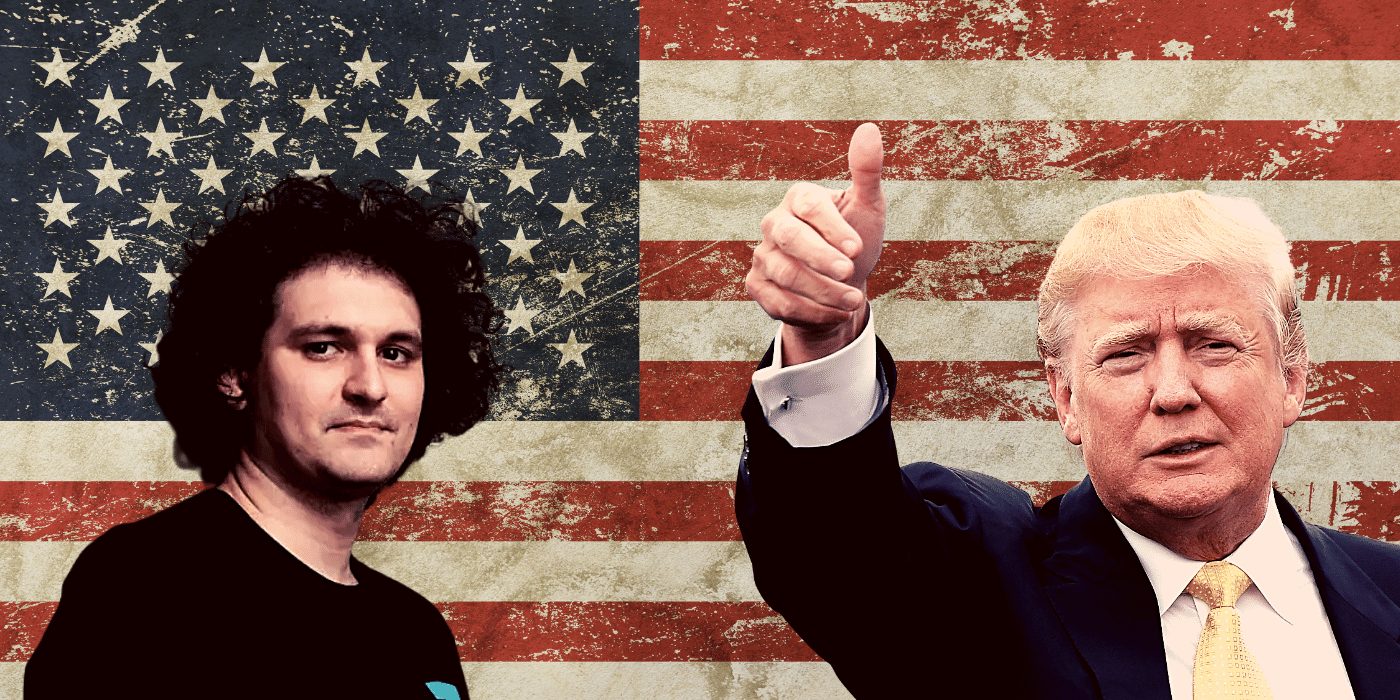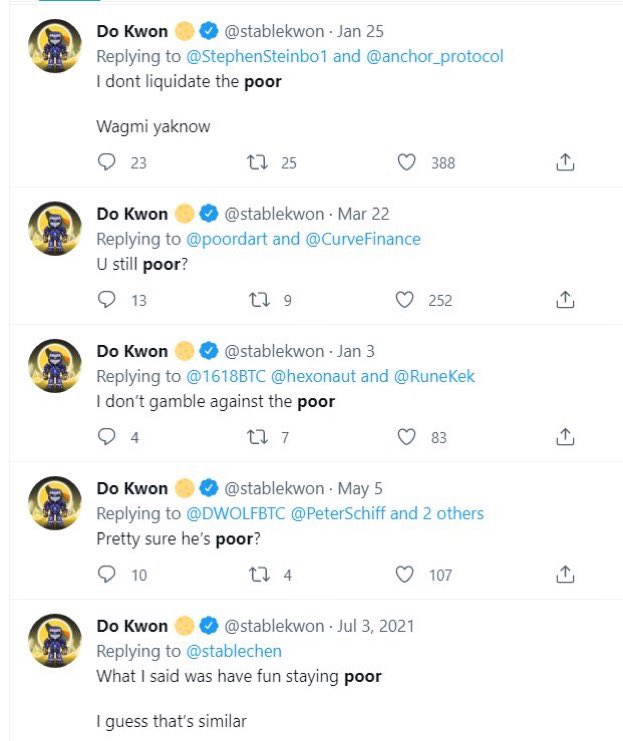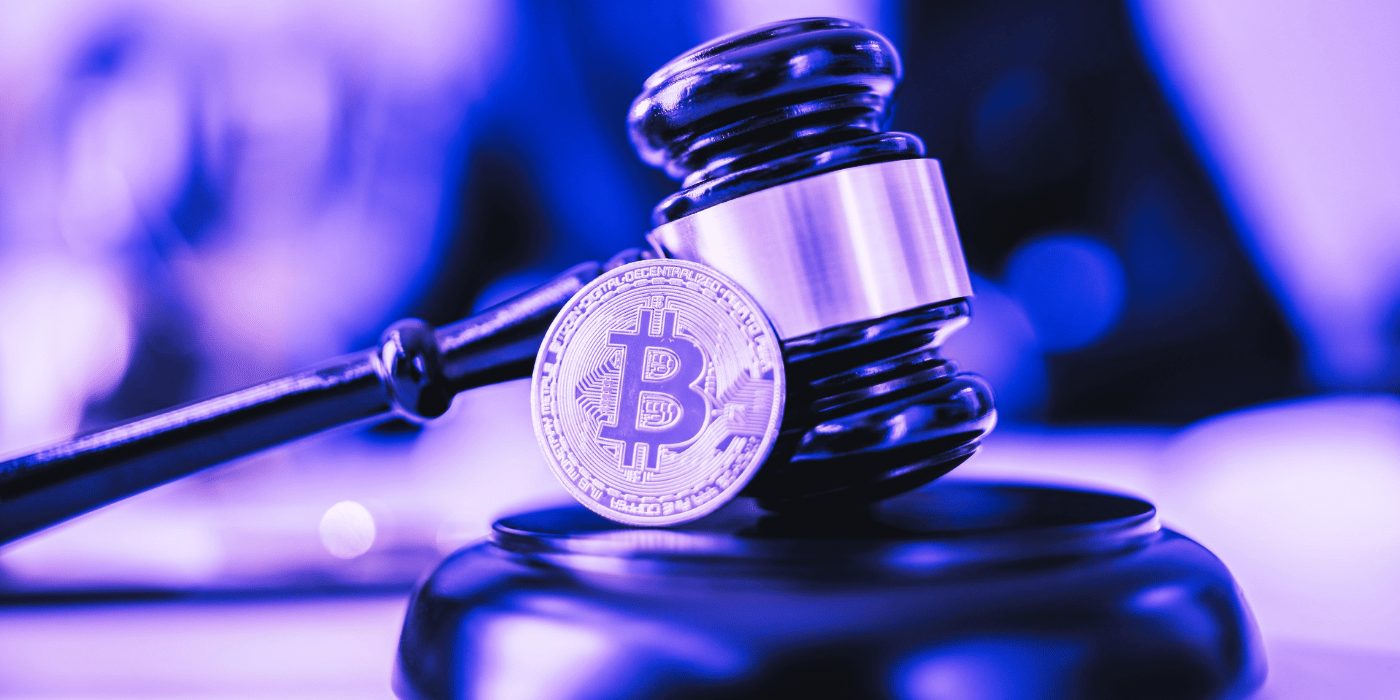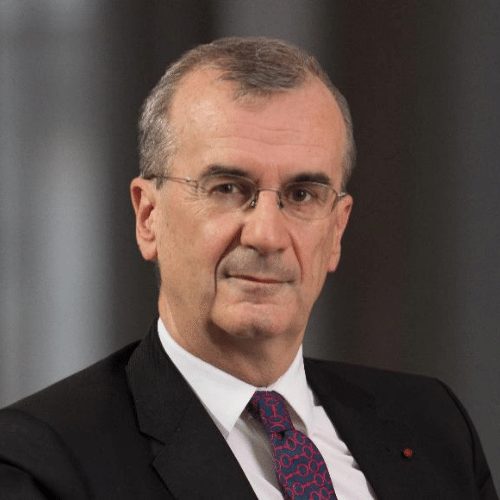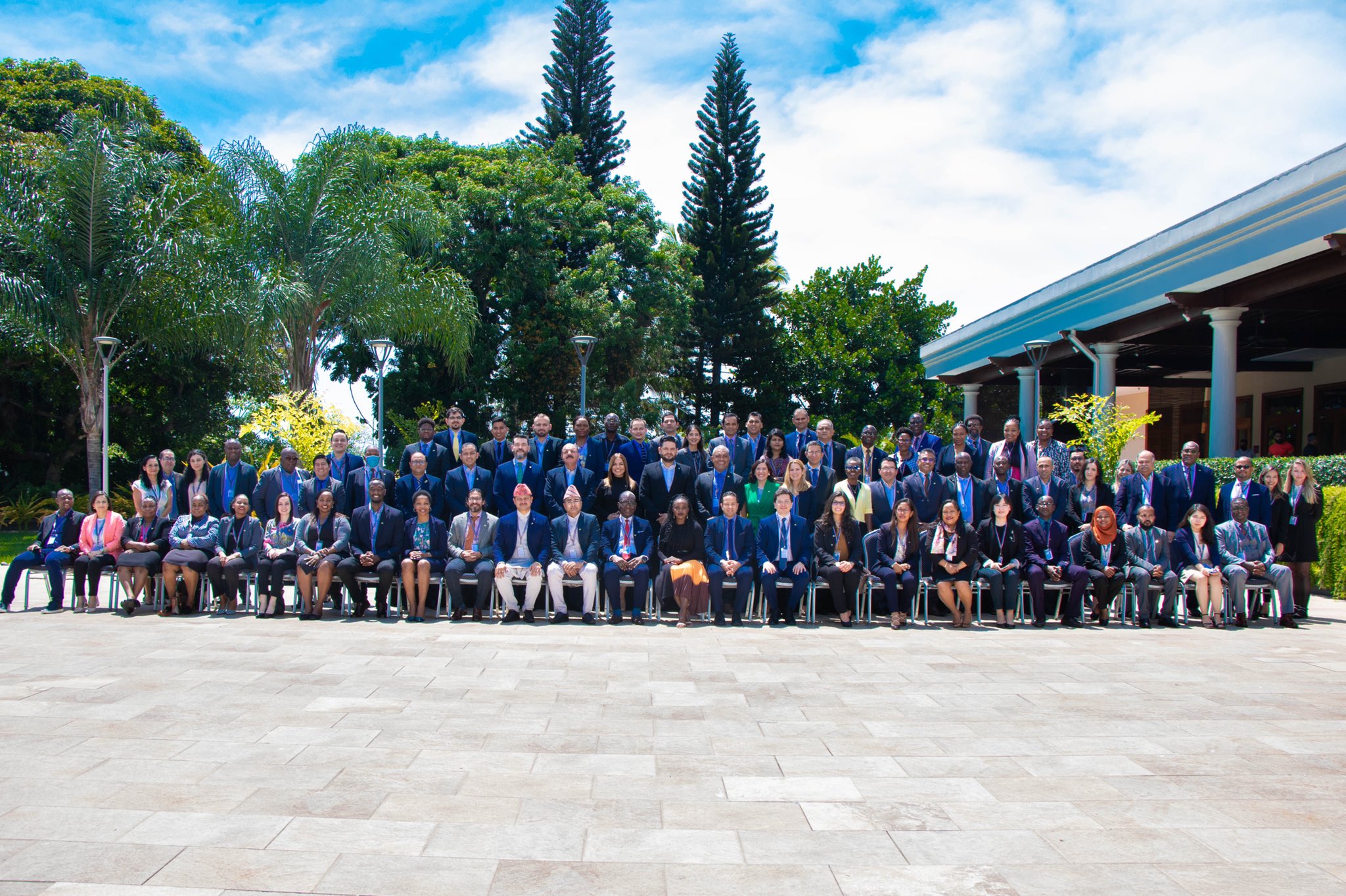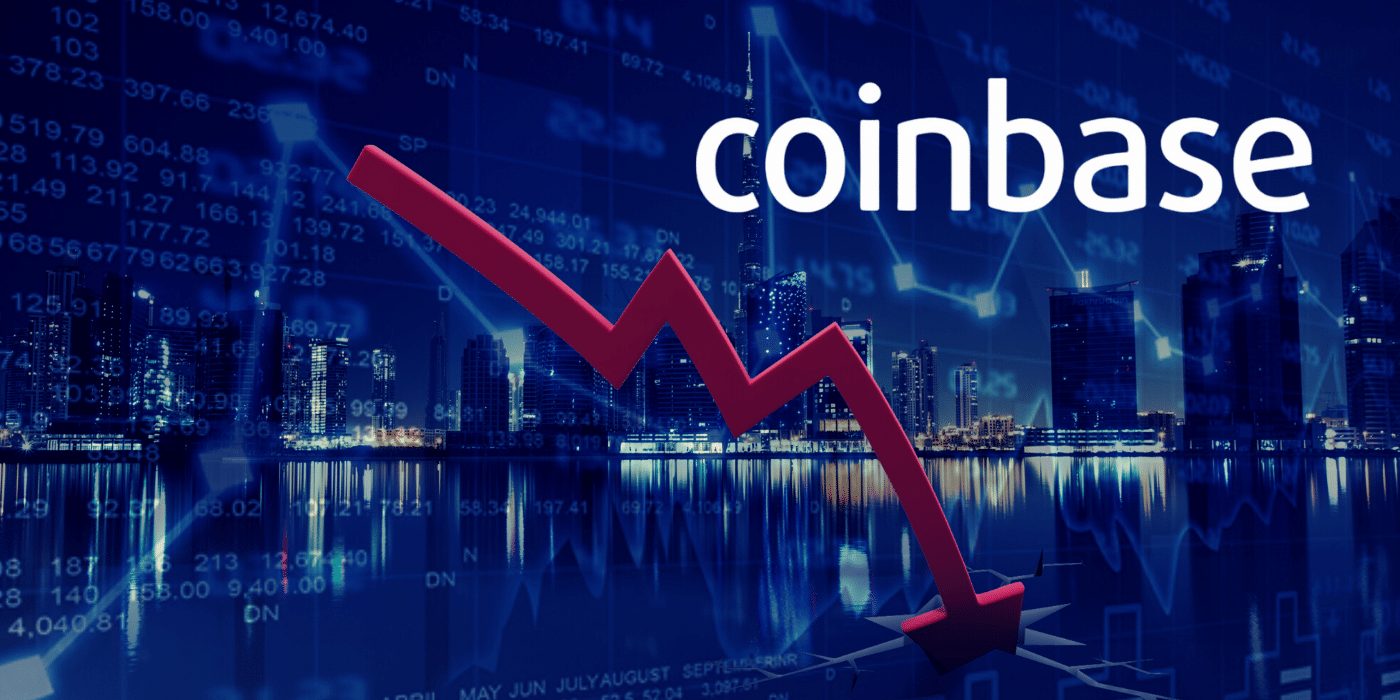Sam Bankman-Fried, the billionaire founder and CEO of FTX, has indicated in a recent podcast that he is prepared to donate up to US$1 billion towards the Democratic Party’s 2024 US presidential election campaign.
Some have viewed the move as more of a “calculated investment”:
Pot of Gold to Block Trump
In a recent episode of Jacob Goldstein’s podcast What’s Your Problem?, Bankman-Fried (widely known as “SBF”) indicated he would likely donate “somewhere” between US$100 million and US$1 billion during the 2024 US presidential election campaign:
The 29-year-old, who recently joined the Forbes Rich List, indicated that donations would likely be “north of US$100 million” and that US$1 billion was a “soft ceiling”:
As for how much more than that [$1 billion], I don’t know. It really does depend on what happens. It’s really dependent on exactly who’s running where for what … Yeah, I think that’s a decent thing to look at, as a sort of … I would hate to say hard ceiling, but at least as sort of a soft ceiling, I would say, yeah.
Sam Bankman-Fried, founder and CEO, FTX
Not SBF’s First Rodeo
While SBF’s political contributions are news to some, those paying attention know he is no stranger to the world of electoral politics. Two years ago, he donated US$5.2 million to Joe Biden’s 2020 campaign, making him the second-largest individual donor.
More recently, he contributed US$10 million in a failed campaign to nominate Carrick Flynn in the Oregon Democratic primaries. And that’s not all – some reports suggest SBF has dropped over US$31.5 million in this election cycle alone.
Buying Influence?
While some on Twitter joked that SBF should just “buy Congress”, others viewed his donations as “the oldest trick in the world” and that “doors would be opened” for the crypto executive with subsidies of that size.
Some praised him for his “altruism”, though others viewed the donations as a mechanism to gain political influence or as a tool to avoid regulatory scrutiny:
Billionaires tend to be polarising, so the pushback is not unexpected. Most placed in a similar position would find it difficult not to use their wealth to curry favours. From a legal perspective, the line between bribery and political donations is clear, and to be sure, SBF is on the right side of that line.
While it is difficult to draw conclusions about the crypto mogul’s intentions, one thing remains clear: SBF is willing to throw some serious capital at blocking Donald Trump’s resurgence.

